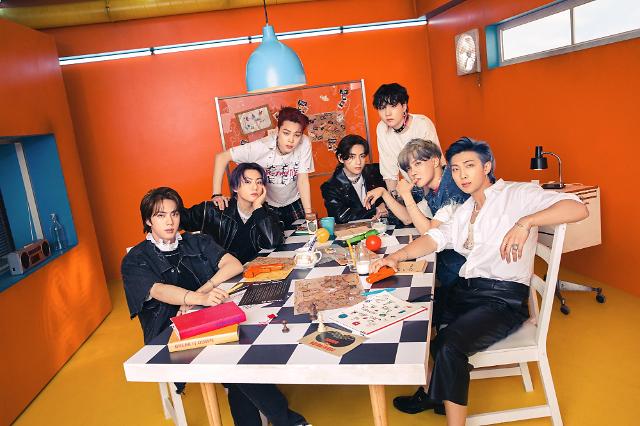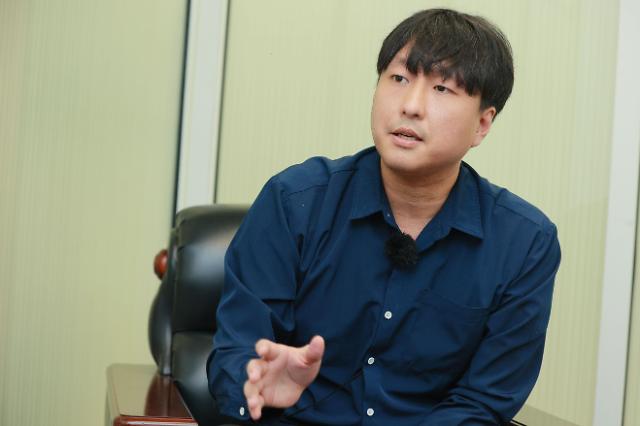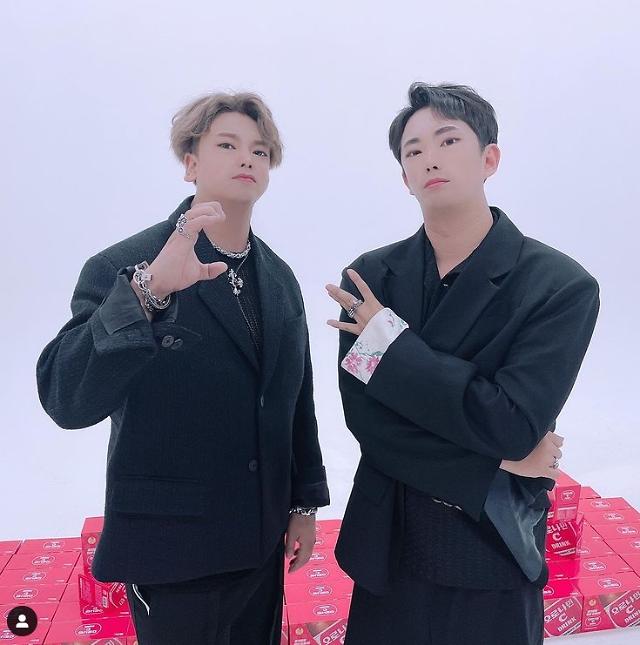
[Courtesy of Big Hit Music]
K-pop has successfully bridged the cultural divide with the outside world by strategically communicating with international fans. Through YouTube and Twitter, K-pop wonder BTS has consistently interacted with global fans to meet their needs since its debut in 2013. Group leader RM said that sincere communication through social media platforms played a key role in the group's success. Fans were credited with catapulting BTS to the top of Billboard charts with enthusiastic support via social media with the hashtag "#BTSBBMAS" on Twitter which was used more than 300 million times in May 2017.
The usage of K-pop-related keywords on Twitter increased 1,100 times in 10 years from 5.09 million in 2010 to more than 6 billion in 2020. Indonesia and Thailand ranked first and second in terms of the usage of K-pop keywords on Twitter. According to a 2020 survey of 8,500 foreigners, conducted by South Korea's culture ministry and the Korean Foundation for International Cultural Exchange (KOFICE), the first impression that comes to mind when non-Koreans think of Korea was K-pop.
The success of BTS is now inspiring other K-pop artists and music industries in other countries, Chung Byung-wook, a music critic and a member of the Korean Music Award, said, describing rapid transformation to global trends as key to K-pop's success.

[Courtesy of YG Entertainment]
Chung said that South Koreans tend to be picky when following cultural trends. "If you can't follow the newest trends, you will likely fall behind," he said, adding that such harsh environments led K-pop to evolve. "It is true that characteristics of K-pop are recognized by its powerful dance music, styles of makeup and fashion. However, I think that the aspect of quickly absorbing and adapting to other cultures has helped the South Korean music industry to survive through generations."
Chung attributed K-pop's sustainable popularity to "cultural hybridity" that refers to creating new cultural trends by absorbing heterogeneous cultural factors. "I personally think the biggest reason why K-pop has gained wide and longstanding popularity is its hybridized nature. There was a time when C-pop (Chinese pop) based on Hong Kong culture and Japan's J-pop were very popular in Asia. C-pop and J-pop had certain formats."
C-pop based in Hong Kong created a boom in South Korea in the late 1980s, backed by popular noir films played by famous actors including actors Leslie Cheung, Chow Yun-fat, and actress Joey Wong. Hong Kong stars including actors and actresses released albums of Korean songs. J-pop garnered popularity among groups of Japanese music lovers in the mid-1990s.
While pop music from the western world continued to maintain its popularity, C-pop's presence had quickly faded away in the mid-1990s, when South Korea's music industry entered the age of renaissance. Weekly live music shows were broadcast over every television channel. First-generation boy bands including H.O.T. and Sechs Kies had totally slayed the entertainment industry with an explosive performance and revolutionary costumes. Idol bands soon became the country's trendsetter of music and fashion as well as an icon of the ages.

Music critic Chung Byung-wook speaks about key success points of K-pop in an interview on August 23. [Photograph by Yoo Dae-gil = dbeorlf123@ajunews.com]
H.O.T. was one of the first South Korean musicians to cover a variety of genres ranging from hip-hop, ballad, rock, and pop dance. The iconic band had shattered the conservative South Korean music industry's stereotype that multi-genre artists are inconsistent and are prone to fail. BTS now walks the road which its predecessor has paved about 25 years ago. The seven-member band started as a hip-hop music band and became the top-selling act on Billboard with songs based on disco music and pop-ballad.
"Because K-pop is forever changing based on popular global trends, there are more and more people who wish to hop onto the big cultural wave," Chung said, suggesting that it's the turn of other countries to benchmark the successful K-pop industry.
China's music industry standing at $2 billion in 2020 is one of many Asian entertainment sectors that seek to follow the successful steps of K-pop. The country's music market welcomed South Korean artists in the early 2000s and benchmarked the next-door neighbor's systemized management and marketing methods for the last two decades.
"China also follows the example of K-pop's music and systems a lot. However, current C-pop is very different from current K-pop music. It is similar to Korean music from five to six years ago. China tries to catch up on South Korea but K-pop is way ahead," Chung said. He said that many Chinese entertainment industry officials feel that the act of plunging themselves into the culture of K-pop in its homeland would accelerate their benchmarking process.
Chung gave his own interpretation that as a culture, K-pop is different from technology or sports because consuming K-pop through Korean lyrics can be an important identity. "I think many people visit South Korea to consume Korean culture with K-pop."
The K-pop industry's ability to adapt and utilize new trends was well reflected in a series of successful online concerts that took place in 2020 when the COVID-19 pandemic shook the global community. To meet the demands of the international audience grounded by COVID-19, K-pop artists have interacted with fans through online live concerts using various digital and social media platforms.
In June 2020, BTS attracted about 756,600 fans through its live online concert that was performed in a special studio. It was the world's largest paid virtual concert. Other K-pop groups such as BLACKPINK and SuperM have also opened online concerts to comfort international fans amid a COVID-19 pandemic.
"The K-pop market led by South Korean idols has a great deal of visible performance-oriented content. Although music is a genre to listen to, visual aspects related to songs have become essential in the 21st century. Music is consumed through various genres such as variety shows and soap operas," Chung said. "South Korean bands, which consist of multiple members, mesmerized the public by offering overwhelming sensations through high-quality performances and various activities."
Chung said that Westerners were not as enthusiastic as they are now in the early days of K-pop. "It drew attention just from enthusiastic fans in the West, while it first spread quickly and widely in Asian countries with a similar culture.”
Despite K-pop's ability to quickly transform and adapt, a core aspect that helped South Korean music to thrive even amid a COVID-19 pandemic, Chung warned of a cultural gap due to its "remarkably fast" transformation and flexibility. He also said that K-pop should place importance on respecting local culture and consumption trends rather than only focusing on South Korean content. "Korean culture tends to adapt easily to rapid changes, but it may not be the same in other cultures."
Given that K-pop is not a one-off event, but an evolving trend, Chung said that a new type of pop genre can be recreated under the influence of K-pop. "The advantage of being able to easily be covered and performed by anyone has an identity of K-pop. The lack of originality may be a weakness, but it may be advantageous if anything can be absorbed to become originality."
Considering K-pop has established a sufficient cultural asset by continuing the trend, Chung said a new hybridized K-pop may emerge by becoming a consumption trend in each separate culture. "K-pop has already laid the cultural foundation groundwork by continuing the trend to the fourth generation."
[The original article was written in Korean by Aju Business Daily reporter Yoon Eun-sook]
[This article was sponsored by the Korea Press Foundation]
Copyright ⓒ Aju Press All rights reserved.



